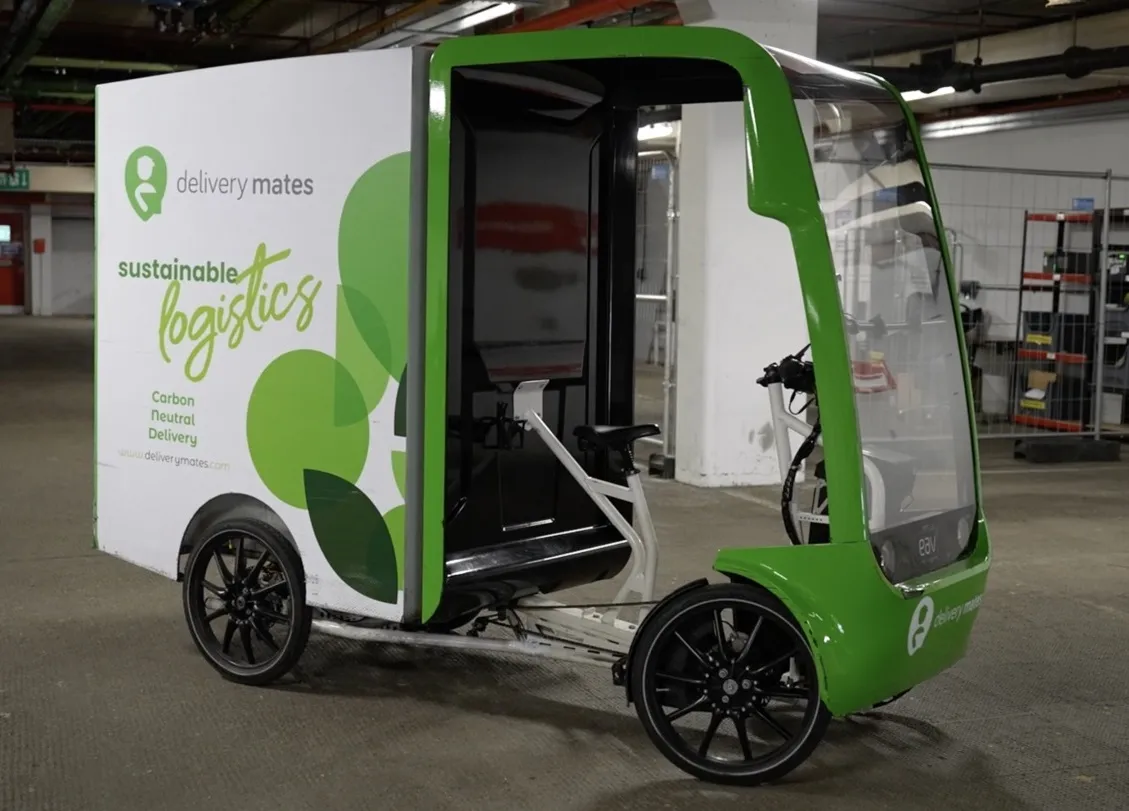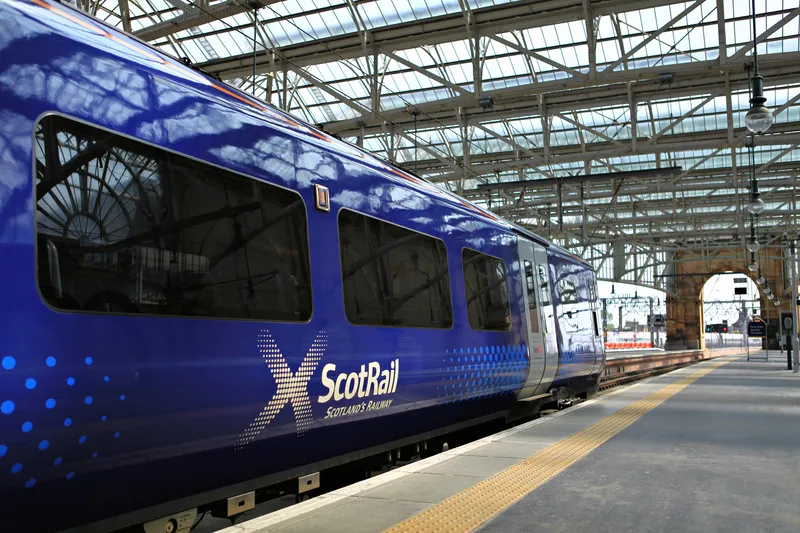According to the FTA Logistics Carbon Review 2015, Logistics Carbon Reduction Scheme (LCRS) members are leading the way in making significant progress in reducing carbon emissions – compared to the rest of the logistics industry.
Released at the Freight Transport Association’s annual Logistics Carbon Reduction Conference last week, the report incorporates the fifth annual results of the LCRS and reveals that the freight industry is contributing to national climate change reduction targets.
Rachael
May 18, 2015
Read time: 2 mins
According to the FTA Logistics Carbon Review 2015, Logistics Carbon Reduction Scheme (LCRS) members are leading the way in making significant progress in reducing carbon emissions – compared to the rest of the logistics industry.
Released at the6983 Freight Transport Association’s annual Logistics Carbon Reduction Conference last week, the report incorporates the fifth annual results of the LCRS and reveals that the freight industry is contributing to national climate change reduction targets.
Rachael Dillon, FTA Climate Change Policy manager said: “Our LCRS report shows that the scheme’s carbon footprint is reducing but there are some challenges. LCRS members are making significantly better progress in reducing emissions when compared to industry as a whole. They are likely to be more engaged in improving fuel efficiency and reducing carbon within their fleet operations.”
To demonstrate the logistics industry’s commitment to carbon reporting and contribution to reducing national carbon emissions, the LCRS aggregates fuel usage and business activity data from members to establish a carbon footprint for the scheme.
The LCRS, which is managed by FTA, demonstrates the efforts of industry to reduce carbon and contribute to national greenhouse gas reduction targets. The latest report shows that scheme members have collectively made progress in reducing carbon dioxide equivalent (CO2e) emissions between 2005 and 2013.
The Review also outlines how LCRS is making it easier for members to comply with the Energy Savings Opportunity Scheme (ESOS) – which requires energy audits to be carried out for transport and buildings. The requirements come from Europe but the legislation has been developed by UK Government. In excess of 7,000 large companies come under scope of the new scheme. The first deadline for ESOS is 5 December 2015, and LCRS has been identified as an effective way to meet ESOS requirements for freight transport.
Released at the
Rachael Dillon, FTA Climate Change Policy manager said: “Our LCRS report shows that the scheme’s carbon footprint is reducing but there are some challenges. LCRS members are making significantly better progress in reducing emissions when compared to industry as a whole. They are likely to be more engaged in improving fuel efficiency and reducing carbon within their fleet operations.”
To demonstrate the logistics industry’s commitment to carbon reporting and contribution to reducing national carbon emissions, the LCRS aggregates fuel usage and business activity data from members to establish a carbon footprint for the scheme.
The LCRS, which is managed by FTA, demonstrates the efforts of industry to reduce carbon and contribute to national greenhouse gas reduction targets. The latest report shows that scheme members have collectively made progress in reducing carbon dioxide equivalent (CO2e) emissions between 2005 and 2013.
The Review also outlines how LCRS is making it easier for members to comply with the Energy Savings Opportunity Scheme (ESOS) – which requires energy audits to be carried out for transport and buildings. The requirements come from Europe but the legislation has been developed by UK Government. In excess of 7,000 large companies come under scope of the new scheme. The first deadline for ESOS is 5 December 2015, and LCRS has been identified as an effective way to meet ESOS requirements for freight transport.









